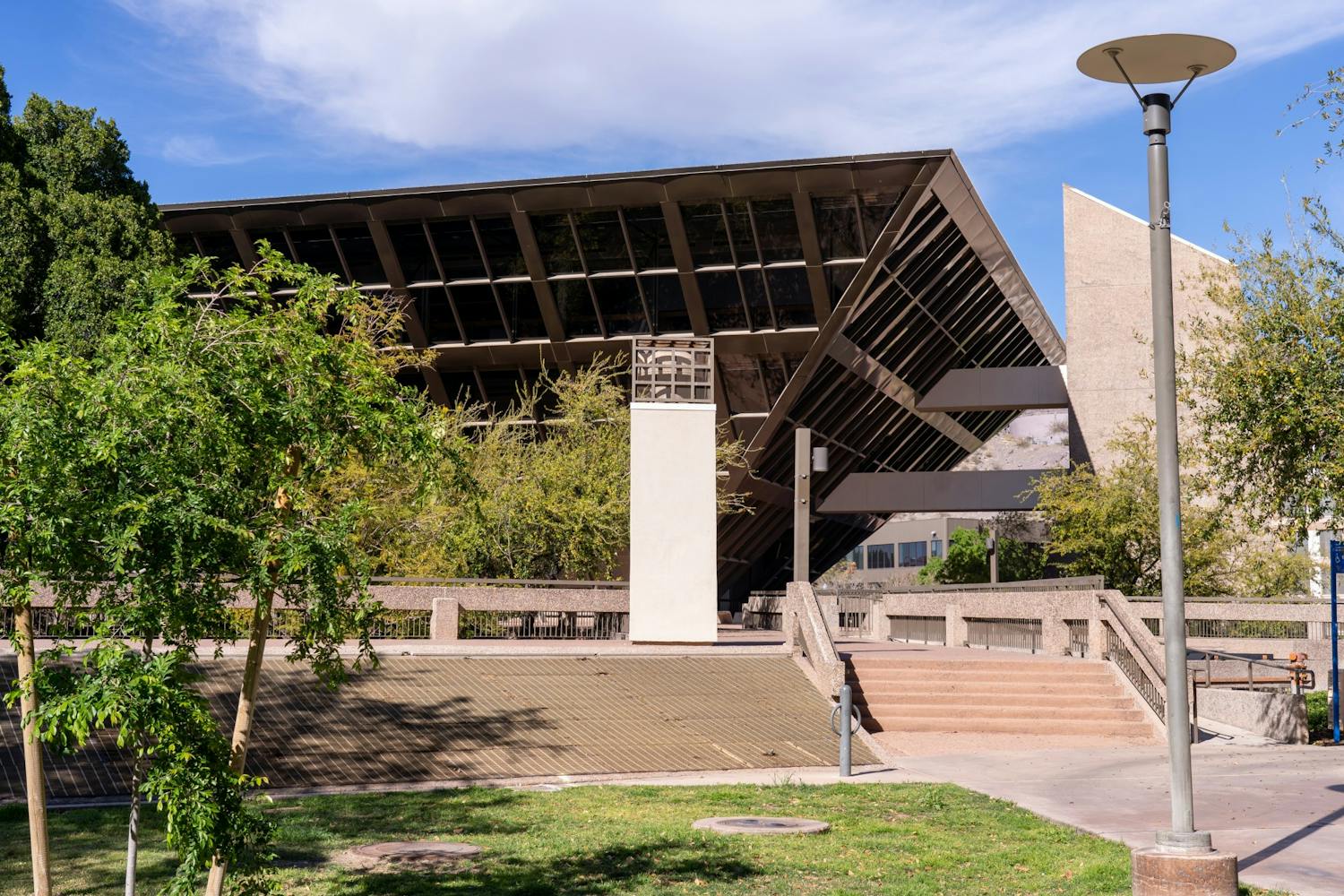On Aug. 20, San Francisco was the scene of a devastating hit-and-run. The driver of a sport utility vehicle, Omeed Aziz Popal, allegedly drove down streets and on sidewalks striking at least 18 bystanders, killing one, in a spree that lasted approximately 20 minutes. An eyewitness said Popal referred to himself as a "terrorist."
If you are like the majority of Americans, you most likely saw this story as either a news brief in the local paper or are completely unaware of it.
Unfortunately, terrorist acts such as this have happened before. On March 3, Mohammed Reza Taheri-azar allegedly drove a rented SUV into a group of students gathered at the University of North Carolina to "punish the government of the United States." In court, Taheri-azar stated his thankfulness for "the opportunity to spread the will of Allah."
On July 28, Naveed Afzal Haq allegedly walked into a Jewish Federation office in Seattle and declared, "I'm a Muslim-American. I'm angry at Israel." He then shot five workers, killing one.
Despite the nature of these events, the mainstream media did not provide comprehensive coverage. There was reluctance by the media to label these actions as acts of terrorism, even though terrorism was certainly an obvious and plausible explanation. Many of the news accounts did not even identify the alleged assailants as Muslim.
Yet, the most basic duty of a free press is to report the news. Why is this not being done?
There is an apprehension felt by countless journalists of being labeled a bigot. If a journalist covers an issue that has links to Islam, there is a greater likelihood of being picketed or criticized than if he covers an issue relating to Christianity or Judaism.
This idea ties into the media's fixation on political correctness. Many reporters believe it is a sign of prejudice to mention any aspect of a person's background, such as ethnicity or religion, in a news story. But there are times when this information is relevant.
More significantly, there is the fear of physical harm. After the publication of cartoons depicting the prophet Mohammed was published in a Dutch newspaper, destructive riots engulfed Europe for months. Nevertheless, few Americans have seen these cartoons because the mainstream media has refused to publish them.
Borders Books is an example of an institution (of which there are few) that candidly acknowledged that fear of violence was the reason for their refusal to sell issues of a magazine that included copies of the cartoons.
It is clear our mainstream media lacks the truthfulness and courage to report news that fully and accurately reflects reality.
Readers may reasonably wonder if the press coverage of these three events was produced by hypersensitivity or physical coercion.
These events were newsworthy and should have received greater exposure. More importantly, however, they were terrorist acts and should have been identified as such by the media.
Due to the media's lack of coverage, the terrorists may already have won a small but essential battle in the newsrooms of America.
Hilary Wade is a junior studying political science, and can be reached at: Hilary.Wade@asu.edu.



